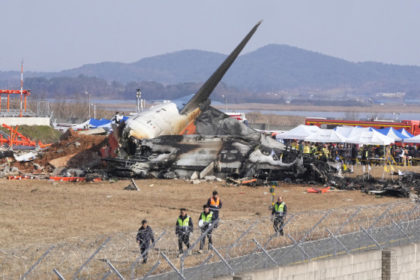By Adeyemi Adekunle
In a striking reflection of Nigeria’s escalating cost of living, domestic airfares surged by 25.12% year-on-year in July 2024, according to the National Bureau of Statistics (NBS).
The average fare paid by passengers for a one-way domestic flight reached N98,561.74, a sharp rise from N78,775.74 in July 2023. This upward trend was also observed on a month-to-month basis, with fares increasing by 9.65% compared to June 2024.
The alarming increase in airfares comes at a time when Nigeria’s aviation sector is under intense financial strain. Airline Operators of Nigeria have been vocal about their concerns over the burden of multiple taxation. These taxes are set to rise further, as indicated by the recent announcement by the Nigerian Airspace Management Agency (NAMA).
During a seminar organized by the League of Airports and Aviation Correspondents in Lagos, NAMA’s Managing Director, Umar Farouk, disclosed plans to hike en-route navigational charges. These charges, currently set at N2,000 to N6,000 per flight, will increase dramatically to between N18,000 and N54,000 per flight.
Additionally, the airspace agency has announced an 800% increase in the cost of extending service hours for airlines, from N50,000 to N450,000 per extension.
This move is intended to offset the rising costs of diesel and other logistics, but it is expected to have a significant impact on airfares, potentially leading to further increases in ticket prices.
While air travel costs soar, the NBS report also noted a decline in the prices of other forms of transportation. The average fare for bus journeys within cities decreased by 2.18% from N963.58 in June 2024 to N942.61 in July 2024.
Similar trends were observed for motorcycle and waterway journeys, providing some relief to commuters reliant on these modes of transportation.
The stark contrast between the rising cost of air travel and the declining prices of other transport options highlights the unique pressures facing Nigeria’s aviation industry.




